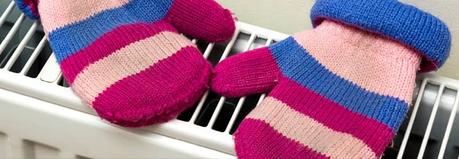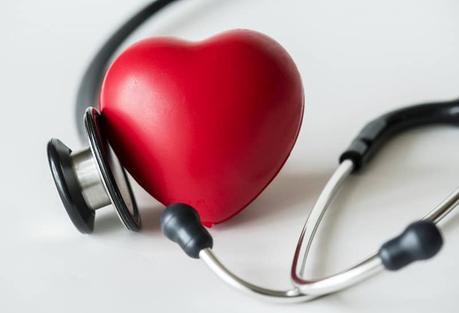We have looked at the dangers of not using your heating before.
However, with temperatures plummeting, many of us Brits are struggling to pay our energy bills and looking for alternative ways to stay warm without heating.
Whilst this will reduce costs considerably, we can reveal the problems that this can cause to your property as well as some health issues too.
What do health professional say about not using heating?
We have partnered with Dr Alexis Missick, an experienced GP from UK Meds, to highlight two common problems that are likely to happen if a home is not heated adequately, as well as two serious health issues from living in a property that is too cold during the winter months.
How not using heating can hurt your home
Damp & mould
Mould is a pesky household issue caused by water not drying out properly and things staying damp due to underheated or poorly ventilated homes.
Colder homes mean there’s a higher chance damp areas aren’t drying out as mold thrives in stagnant air.
Make sure you allow fresh air to flow in your homes as frequently as possible.
This is much harder in winter as it is colder outside; so try opening windows for short periods rather than all at once.
Always remember to open windows when drying clothes inside too and never put wet clothes on the radiator as this pushes the boiler to work harder and can rack up energy bills.

Frozen pipes
A drop in temperature increases the risk of frozen pipes, and poorly insulated or unused pipes will eventually begin to crack and burst.
If you suspect your pipes are frozen the tell-tale signs to look out for include little to no water coming from taps or showers, exposed pipes appearing frosty or wet, and damp patches on walls or ceilings.
If you spot these signs turn the water off at the valve (or stop-cock) and run the remaining water to relieve the pressure.
You can then temporarily mend the pipe with heavy duty tape, but always refer to a qualified plumber to fix the issue.
This will cost around £200, so is not a cheap solution.
The impact of not using heating on your health
Cardiovascular disease

Turning the heating off for small periods of time is an effective way to save money, but if done too often then major issues can arise, such as cardiovascular disease.
Dr Missick comments: “When it’s cold, your body undergoes a process called vasoconstriction. This causes your blood vessels to narrow in your skin, fingers, and toes to preserve heat.”
“This process can increase pressure in your circulation system, causing your heart to work harder to pump blood throughout your body.”
“Additionally, blood can become thicker and stickier in the cold, making it more likely to form clots. This can lead to a heart attack or stroke.”
Respiratory issues
A colder home heightens the risk of respiratory infections as the immune system becomes less effective in lower temperatures.
Dr Missick says: “Cold air can cause your airways to narrow, leading to an increase in mucus production.”
“As a result, breathing can become more challenging and blockages in the respiratory system can occur, making you more likely to catch a cold or the flu.”
“Our airways are lined with a thin layer of fluid, and when we inhale cold, dry air, this fluid evaporates quicker than normal.”
“Sometimes, the fluid evaporates faster than it can be replaced. When this happens, the throat becomes dry. A dry throat leads to irritation and swelling which can worsen the symptoms of asthma and Chronic Obstructive Pulmonary Disease (COPD).”
Lower your bills, but stay safe
With bills constantly rising it is important to do all we can to keep our energy bills as low as possible but avoid turning off your heating altogether as this can lead to serious problems to the system and your health.
There are simple ways to keep warm for less, such as only heating rooms you are using, using draft excluders, and adding in thick rugs and curtains for extra insulation.
However you do it, just try to be mindful of the impact not using your heating may have on you and your home.

